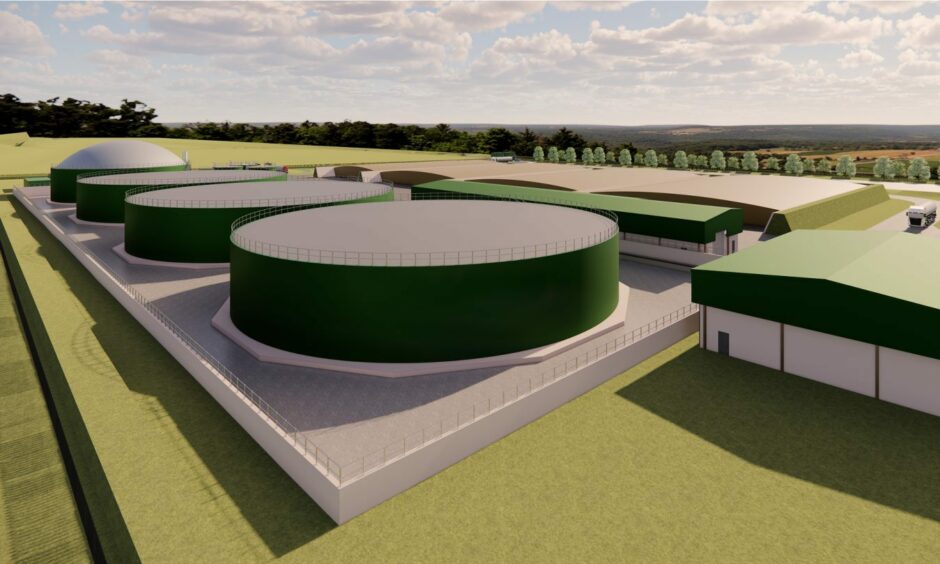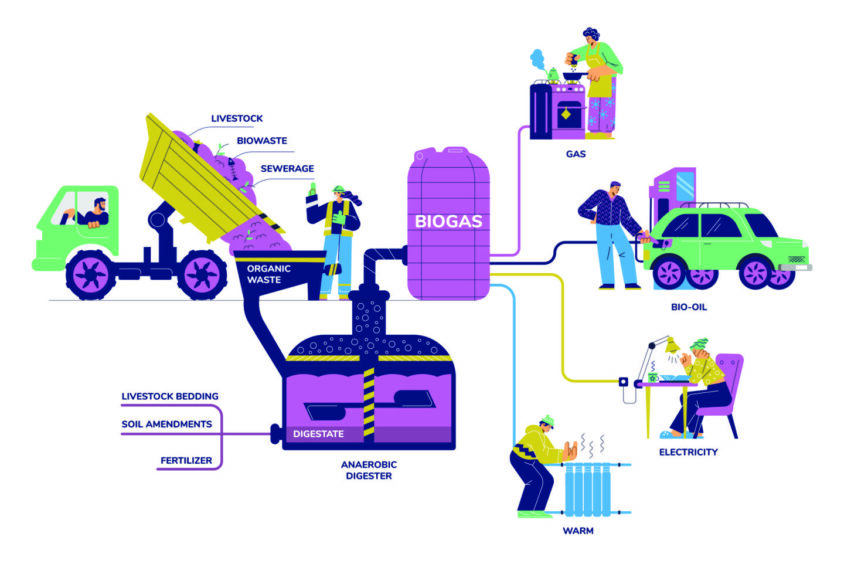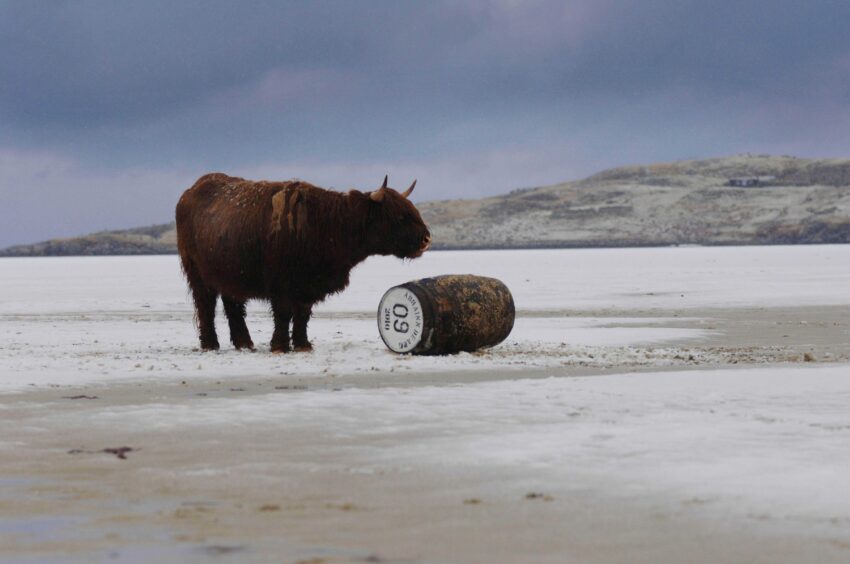A biogas investor has unveiled plans for two plants in Moray that will use whisky byproducts to produce fuel for heating and heavy goods vehicles.
Acorn Bioenergy has revealed plans to invest £50 million in two further anaerobic digestion plants – one near Longmore outside Elgin and another at Hill of Rathven, by Buckie.
It expects to create 30 jobs across both sites and another 100 or so during the construction phase.
The company has submitted a pre-planning Proposal of Application Notices (POANs) to Moray Council for the plants and it is holding the first of two public consultation events in each area next week.
The plans for the new plants comes shortly after the company announced another £55 million plan for an anaerobic digestion plant on a site at Fearn airfield, near Balintore, in Easter Ross alongside a gas injection point near Morayston, by Inverness.
The company also has a location in Aberdeenshire in its sights as part of a total investment of about £105 million in Scotland over the next two years.
Who is Acorn Bioenergy?
London-based Acorn has the approval to inject 5,000m3 of biomethane into Scotland’s gas grid.
It was recently backed by Spanish fund manager Qualitas Energy, which took a controlling stake in Acorn in September.
Qualitas recently revealed it has raised more than €1.1 billion (£953 million) from investors in its latest fund, making it one of the biggest renewable energy cash pots in Europe.
What’s in it for Moray?
The company said the plants will help decarbonise the area’s whisky industry and provide a new source of income for farmers, as well as heating homes and powering HGVs heavy goods vehicles as well as improving UK energy security.
Acorn said 15 new full-time jobs will be created at each site, which it hopes will be operational by mid-2024. Around 100 people will be employed at each site during construction.
It said draff and pot ale by-products from whisky distilling processes will be used in five anaerobic digestion tanks at the plants.
The biomethane produced will be available as an alternative, green gas fuel supply to distilleries to help them switch from fossil fuels and achieve net-zero targets in their heating processes.
The plants will also offer local farmers a new, long-term source of income, selling “feedstock,” such as silages, straw and waste inputs, including manures, to be used in the biomethane production process.
As a by-product of the process, the facilities will produce supplies of digestate fertiliser for use on farms as a greener alternative to traditional fossil fuel fertilisers.
Carbon dioxide will also be produced and captured, with potential uses in a variety of sectors, including food and drink, emerging hydrogen technologies and the sustainable aviation market.
Downsides mitigated
Acorn said its initial studies had shown that, once operational, the plants are expected to add just 10% to traffic movements on access routes.
The firm added that the facilities, which will not use food or domestic waste or animal byproducts, will create only “minimal odour” and low levels of background noise.
Acorn Bioenergy business development manager Natalie Dillon said the Moray’s distillers and farmers can make a “significant contribution” to the company’s plans to develop a biogas industry in Scotland.
She added: “We are looking forward to working closely with the local communities and the council as we continue to develop them.
“There is a pressing need for greater UK energy security and a rapidly increasing demand for greener fuels, such as biomethane, for the transition to net-zero.
“Anaerobic digestion is a tried-and-tested, centuries-old technology that can produce clean, green energy to heat homes and power HGVs.”
When and where are consultations?
People from local communities will be able to find out more about the Moray plans and meet representatives of the company at events taking place at Fogwatt Hall, near Elgin, from 1.30pm to 6.30pm on Wednesday December 7 and Wednesday January 18.
Similar events will be held at the Fishermen’s Hall, in Buckie, between 2pm and 6pm on Thursday December 8 and Thursday January 19.




Conversation